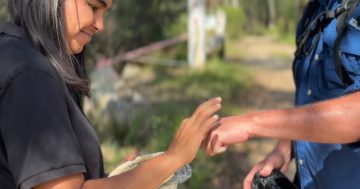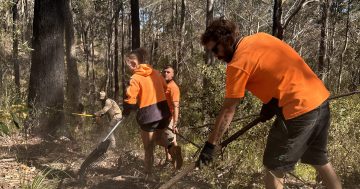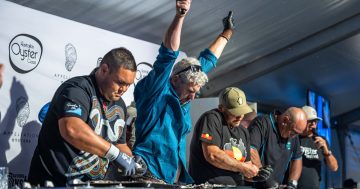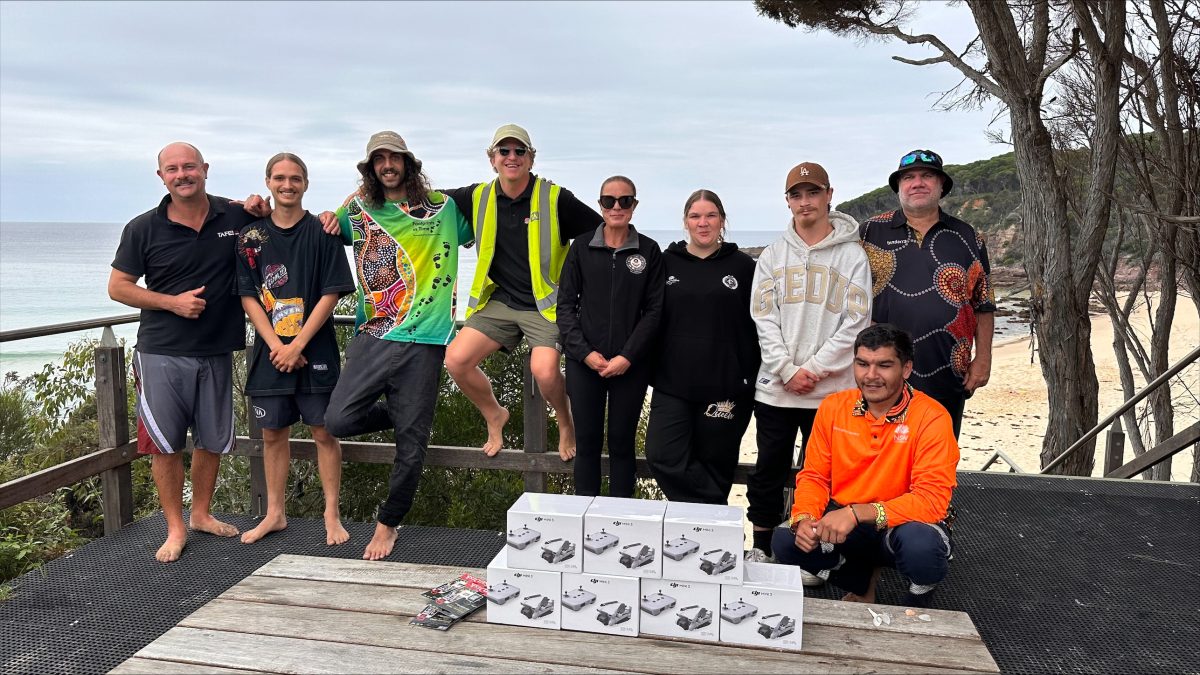
Eden Aboriginal Land Council CEO Dean Muscat says the “opportunity is endless” now his team of rangers has a drone qualification. Photos: TAFE NSW.
When he’s at work, Dean Muscat has a lot of ground to cover – and he’s recently turned his focus towards the sky.
The Eden Aboriginal Land Council (EALC) CEO leads a team that cares for Country and Sea Country, and supports Aboriginal people and culture on the Far South Coast.
Mr Muscat was also one of several EALC members who recently completed a six-week TAFE NSW course on drone use.
The qualification, officially known as Banggi Garaala (Flying High) in Gumbaynggirr language, empowers Aboriginal landowners with drone skills for land management and cultural preservation.
“We saw this as a great opportunity to train our rangers in aviation,” Mr Muscat said. ”It’s a golden opportunity for those young guys coming up.
“What we’re trying to do is set up our young people for a fulfilling job where they can pass on knowledge, and take care of culture and heritage – and at the same time, they feel like they belong.”
The nationally recognised course is subsidised by the NSW Government and teaches remote piloting, flight skills, aviation law, navigation and digital mapping.
Since its launch in 2022, it has expanded across 12 NSW regions, in partnership with Local Aboriginal Land Councils and Aboriginal community organisations.
The course focuses on using drones for mapping, surveying, wildlife counting, monitoring cultural sites and conducting cultural burn-offs.
When the six-week study period finished, the students put their skills to the test. Mr Muscat said it was “really good team-building”.
“The teacher was great, and the knowledge passed on to us was great. It’s so much fun,” Mr Muscat said.
“It’s something that I would push on to anybody with no hesitation.”
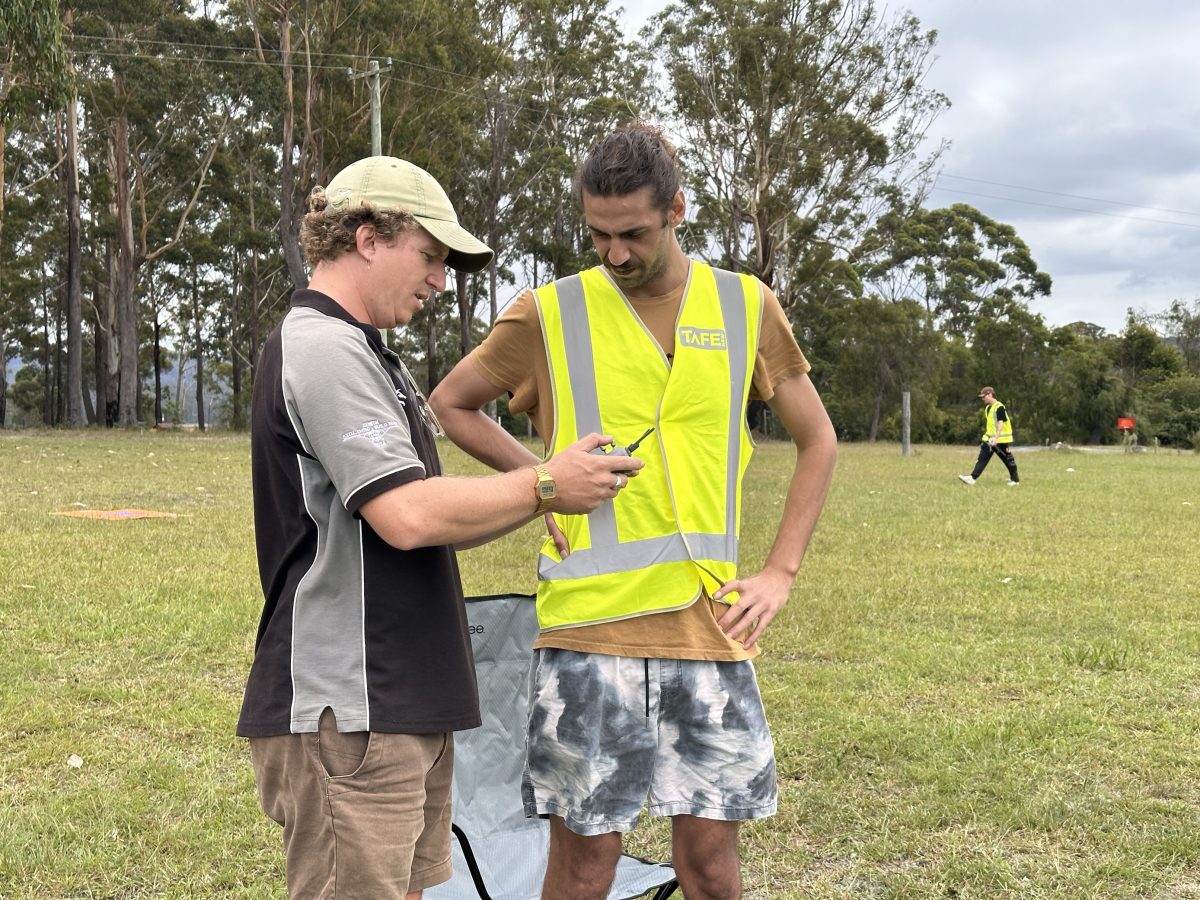
TAFE teacher Kit Bray (left) says the program shows participants how to use drones in a variety of settings.
TAFE NSW teamed up with the EALC and Twofold Aboriginal Corporation’s Carrier Choice Exposure Program (CSEP) to train the rangers.
TAFE NSW teacher for remotely piloted aircraft systems (RPAS) Kit Bray said the course opened doors for the technology, which had rapidly become more accessible in recent years.
“This program is about turning the sky into a tool for cultural preservation and sustainable land management,” he said.
“Drones offer a unique chance to blend tradition with technology – ensuring cultural practices are preserved for future generations.
“It is a game-changer for the local Aboriginal communities as it opens doors to safer, scalable opportunities, creating jobs and bringing growth and a brighter future for Aboriginal people.”
Mr Muscat said the course meant the rangers could now use drones for tasks such as mapping Country, finding Aboriginal archeological sites, and planning for cultural burning.
“There’s a lot of avenues that this course is going to open for our team,” he said.
“Instead of doing a four-day survey, literally walking along the fence line, we can fly a drone for 15 [or] 20 minutes and get the same results straight away.
“It’s going to make our job safer – it’s fewer feet on the ground [where] one person can do a lot of work in a shorter time using this technology.”
While EALC would previously bring in consultants for drone work, Mr Muscat said the rangers could now carry it out themselves.
“It’s creating an avenue for the young ones coming up, [for them to] to gain full-time employment,” he said.
“It’s not just flying a drone to take pictures.”







